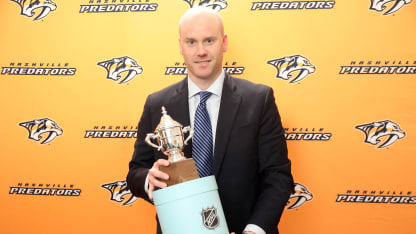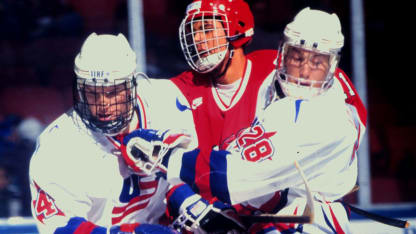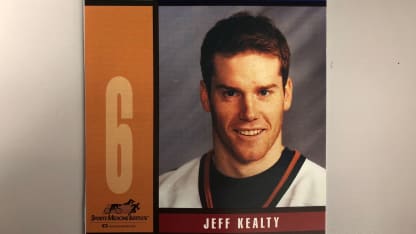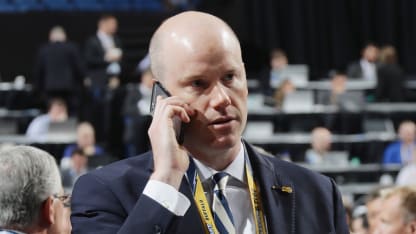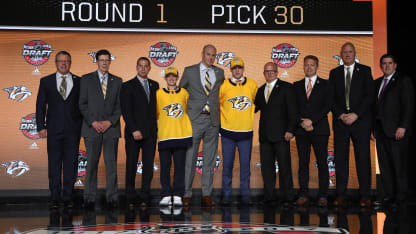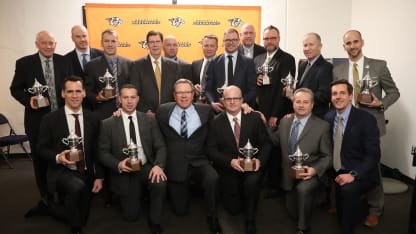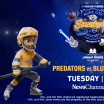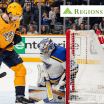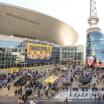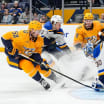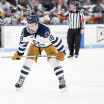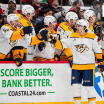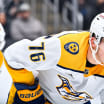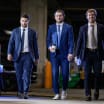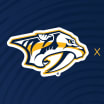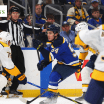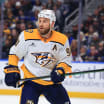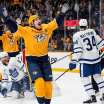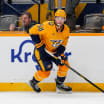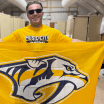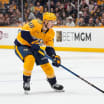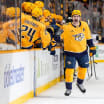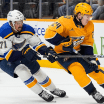I graduated with my degree in the spring of 1998, and in October, I signed with the Predators, my first professional contract. I was so close to my lifelong dream of playing in the NHL. When you're 22, it feels like you've worked for decades to reach this goal and your entire focus revolves around it.
I joined the Predators affiliate in Milwaukee, a team in the International Hockey League at that time. I played for the Admirals that season and felt good about where my game was headed. I learned a ton that first year of pro. Everything is different: the schedule, the players, the travel. But there's just no substitute for the experience you add. I really felt like I was in a good place and had a sense about what I needed to do to finally make it, to finally play in the NHL.
I trained that summer like never before, and I came into training camp with the Predators in 1999 feeling confident. My first few days of camp started out well. I felt like I was close, felt like I knew where I was. I felt like I could play at the NHL level. I was ready.
The first exhibition game arrived, and I was going to be in the lineup. We were playing against the Atlanta Thrashers, and I was eager to show the coaching staff and management what I was capable of doing.
And then I took an elbow to the jaw.
Hockey is a contact sport, and I had been hit countless times before, but this was different, felt different. I suffered a concussion from the hit and I went out of the lineup for a couple of months struggling with the symptoms. The hope was that rest would help the headaches go away over time, but that wasn't happening.
I was sent to see a specialist in Chicago who ran me through a battery of tests and an MRI before heading back to Milwaukee. The results came soon after, and I'll never forget getting the phone call.
The doctor explained the results to me, lots of medical terms, and I kind of said, "what does that mean?" And he said, "my advice is you don't play hockey anymore." I was 23.
I was right there. I had it. And now everything I'd ever wanted was slipping through my fingers. I didn't even get to say goodbye. I didn't get to be the one who decided my future.
There's a lot worse things that can happen to you, don't get me wrong, but this was hard. It took me close to a year and a half before I could finally clear the symptoms and feel like myself again.
